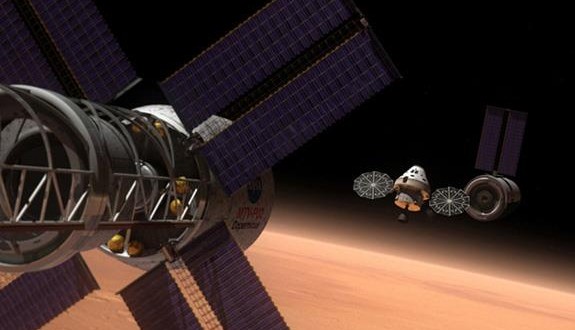A new study has revealed that while extroverts may thrive down on Earth in social situations, they could be a liability on a trip to Mars.
Since NASA and other organizations are interested in sending humans to Mars, psychology researchers have been tasked in figuring out which personalities would work best for a long-term space trip.
Extroverts thrive at parties and on teams where they can speak freely, but on a three-year round trip to Mars, they could upset the social balance if others do not want to talk as much.
“You are talking about a very tiny vehicle, where people are in very isolated, very confined spaces,” Suzanne Bell, an associate professor of psychology at DePaul University in Chicago was quoted as saying.
Extroverts have a little bit of a tough time in that situation, Bell added.
Having an extrovert on board a long-term deep space mission could be a disadvantage because if one person on a crew always wants to talk, while the other members are less social, “it could actually get pretty annoying” in that environment, she said.
For the NASA-funded study, researchers reviewed previous studies on teams who lived in environments similar to those of a long-term space mission, including simulated spacecraft missions of more than 100 days, as well as missions in Antarctica.
NASA is interested in a number of issues related to planning long-term space missions, including how to put together the most compatible teams for the missions, Live Science reported.
Agencies/Canadajournal
 Canada Journal – News of the World Articles and videos to bring you the biggest Canadian news stories from across the country every day
Canada Journal – News of the World Articles and videos to bring you the biggest Canadian news stories from across the country every day



